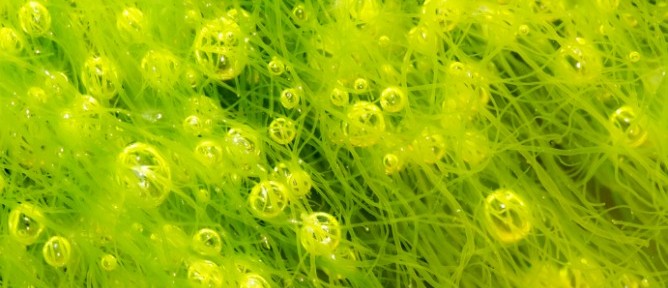Tel Aviv University archaeologist says evidence shows that not only humans, but Neanderthals & Homo erectus, used broken flint & bone tools to create new utensils.
If you thought recycling was just a modern phenomenon championed by environmentalists— think again. There is mounting evidence that hundreds of thousands of years ago, our prehistoric ancestors recycled objects they used in their daily lives, say researchers gathered at an international conference in Israel.

A Stone Age recycling site cave next to Zichron Yaakov. – Photo by AP
“For the first time we are revealing the extent of this phenomenon, both in terms of the amount of recycling that went on and the different methods used,” said Ran Barkai, an archaeologist and one of the organizers of the four-day gathering at Tel Aviv University that ended Thursday. Continue Reading »


 Dr. Shai Efrati, a member of TAU’s Sackler Faculty of Medicine, theorized that high levels of oxygen could reinvigorate dormant neurons in brain tissue chronically damaged by stroke, traumatic brain injury and metabolic disorder.
Dr. Shai Efrati, a member of TAU’s Sackler Faculty of Medicine, theorized that high levels of oxygen could reinvigorate dormant neurons in brain tissue chronically damaged by stroke, traumatic brain injury and metabolic disorder.







 Israeli New Shekel Exchange Rate
Israeli New Shekel Exchange Rate